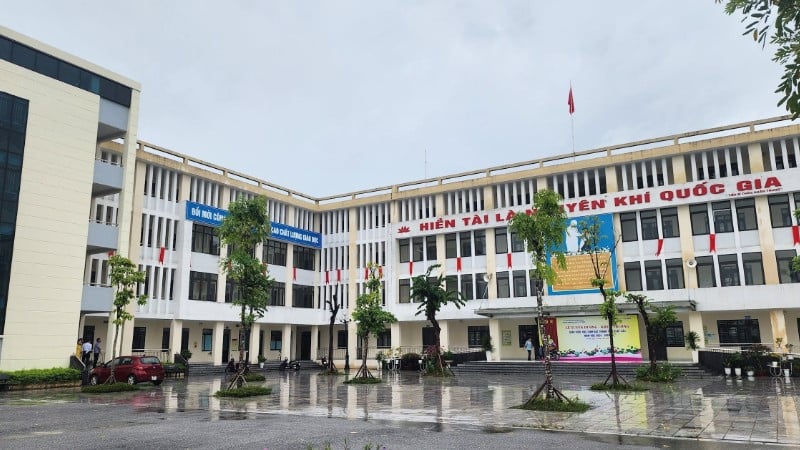
Up to now, the facilities at the schools have been assessed as being synchronous and modern; the teaching staff has been trained to meet standards, creating many positive changes in the work of building national standard schools.
Positive changes
In order to facilitate the construction of national standard schools, the Ministry of Education and Training issued Circular No. 22/2024/TT-BGDDT dated December 10, 2024 amending and supplementing a number of articles of the Regulations issued together with Circular No. 17/2018/TT-BGDDT, Circular No. 18/2018/TT-BGDDT and Circular No. 19/2018/TT-BGDDT dated August 22, 2018 of the Minister of Education and Training; including the content on educational quality assessment and recognition of national standards for kindergartens, primary schools, middle schools, high schools and multi-level general schools.
The new regulations have adjusted a number of criteria to suit the reality, especially in the context of many localities merging schools. Preparing for the new school year, Ly Tu Trong Secondary School ( Bac Ninh province) has reviewed and supplemented facilities and teaching equipment. Teacher Do Quoc Tuan, Principal of the school, shared that with efforts and attempts, in December 2023, the school was recognized as meeting national standards level 2 and achieving education quality accreditation level 3.
Currently, the school has full classrooms, functional rooms, subject rooms; a system of playgrounds, practice grounds, and a "green-clean-beautiful" pedagogical environment; professional discipline is well maintained, teaching and learning quality is stable, and gradually improved. The school's staff and teachers have solid professional qualifications; student quality is maintained and developed; every year, the percentage of students with good and excellent academic performance reaches more than 66.5%; cultural subject awards meet and exceed the set plan...
According to the Bac Ninh Provincial Boarding School for Ethnic Minorities, since proactively implementing solutions, the work of building a standard school has been smooth and meets requirements.
According to teacher Nguyen Danh Bac, Principal of the school, the school has built and repaired facilities in a complete, modern, standardized manner, meeting the criteria of a national standard school level 3. Before the new school year 2025-2026, the school completed the repair of dormitories and playgrounds, practice grounds for students to participate in sports such as: badminton, shuttlecock, pickleball, basketball, volleyball; installed a new water filtration system to ensure quality... Therefore, the self-assessment results of the 2024-2025 school year reached 990/1,000 points and completed the task excellently.
In Ninh Binh province, Principal of Nguyen Hue High School Doan Thi Kim Dung said that currently, the scale of the school, classes, and facilities of the school continue to be maintained and expanded, meeting learning requirements. Accordingly, all classrooms are solidly built; there are clean water facilities; the number of subject classrooms meets regulations.
In each phase, the school has upgraded, repaired, and equipped teaching facilities, including smart classrooms, STEM classrooms, fully equipped with computers, sound systems, and supporting equipment. The school is recognized by the Department of Education and Training as meeting the criteria of "Green-Clean-Safe-Happiness", ensuring that it meets the criteria of a national standard school and has been assessed for educational quality at level 2.
Proactive implementation solutions
According to the assessment of Nguyen Nhu Hoc, Head of the Secondary Education Department (Department of Education and Training of Bac Ninh province), in the past school year, the construction of national standard schools was identified as a key task to improve the quality of comprehensive education. The education sector as well as local authorities actively invested in building standard schools; integrating funding from target programs, projects, and budgets to increase investment efficiency.
Many educational institutions have expanded their areas, built classrooms, functional rooms, toilets, and clean water; purchased equipment, toys, and supplies; renovated pedagogical campuses, playgrounds, and training grounds, contributing to the effective implementation of educational activities. Therefore, the rate of solidification of classrooms and schools in the province reached 97.6%; of which, 195 schools met national standards level 1 (53.6%), 159 schools met national standards level 2, reaching 43.7%. Hanoi is assessed to have done well in building national standard schools with a fairly high achievement rate of nearly 80%. As of May 31, the whole city had 79.2% of kindergartens, 75.5% of primary schools, 80.9% of secondary schools, and 51.6% of high schools meeting national standards.
Director of the Department of Education and Training Tran The Cuong said that in the past, the biggest difficulty for suburban schools when building standard schools was the lack of funds to invest in facilities and qualified teachers. Since the education sector and the city government have prioritized budget allocation for investment in building schools and classrooms; supplementing and renovating facilities and teaching equipment; recruiting, training and fostering teachers, the number of schools meeting national standards in suburban areas has increased. Meanwhile, many schools in the inner city, although having budget sources, have encountered some difficulties due to lack of land to build new schools or expand schools.
Therefore, in the 2025-2026 school year, the capital's education sector will continue to advise the city's leaders to pay attention to and arrange budget resources; direct wards and communes to create favorable conditions for land funds to build new and expand schools to ensure national standard school criteria.
Deputy Minister of Education and Training Pham Ngoc Thuong said that in addition to carrying out the tasks of the school year, the education sector as well as localities have actively reviewed and planned the network of schools and classrooms, focusing on investing in facilities and teaching equipment.
Since the Ministry of Education and Training added regulations on decentralization (from the Ministry of Education and Training to the Provincial People's Committee to the Department of Education and Training); reduced the time by 1 year in assessing the quality of education from lower to higher levels; empowered the Principal to proactively arrange and organize teachers to improve their qualifications... there have been positive changes.
In fact, the new regulations have created conditions for schools to correctly assess their strengths and weaknesses; strive to build and achieve educational quality accreditation, meet national standards; and continuously and systematically improve quality according to new requirements at a higher level.
Source: https://nhandan.vn/chu-trong-xay-dung-truong-chuan-quoc-gia-post905777.html




![[Photo] Opening ceremony of "Digital Citizenship - Digital School" and commitment to civilized behavior in cyberspace](https://vphoto.vietnam.vn/thumb/1200x675/vietnam/resource/IMAGE/2025/9/5/222ec3b8892f443c9b26637ef2dd2b09)



![[Photo] The drum beats to open the new school year in a special way](https://vphoto.vietnam.vn/thumb/1200x675/vietnam/resource/IMAGE/2025/9/5/b34123487ad34079a9688f344dc19148)
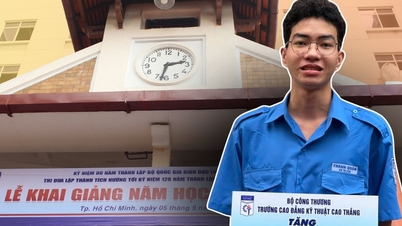

![[Video] Special online opening ceremony for the entire Education sector](https://vphoto.vietnam.vn/thumb/402x226/vietnam/resource/IMAGE/2025/9/5/5aac30356f384e219ec14e7dcf5e9aa0)


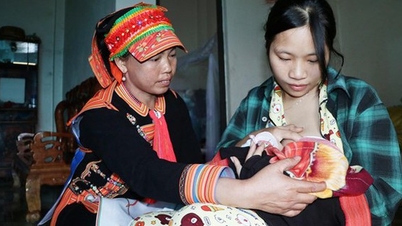


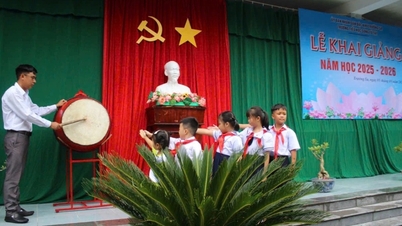







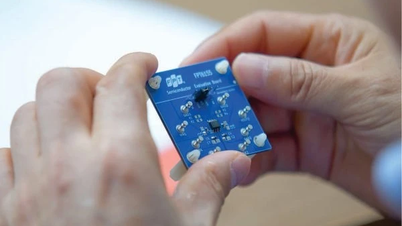


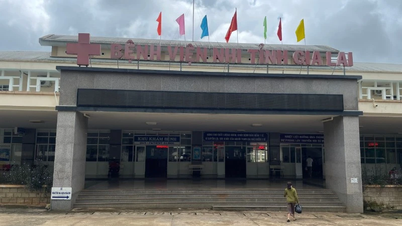


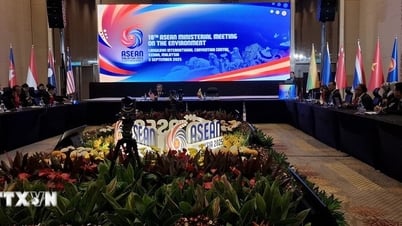






































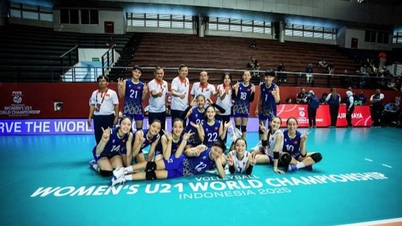

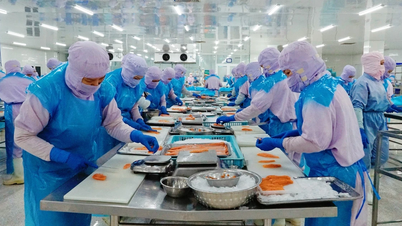

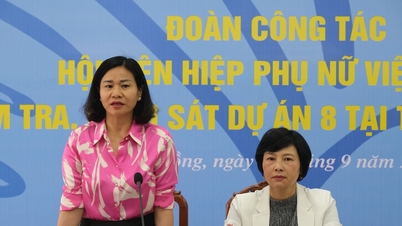

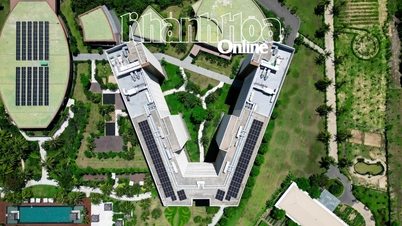

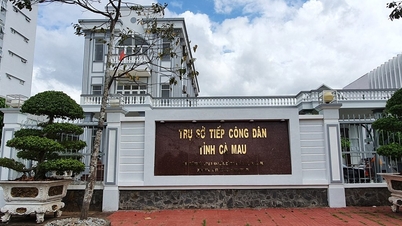




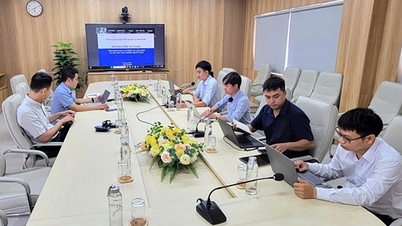











Comment (0)